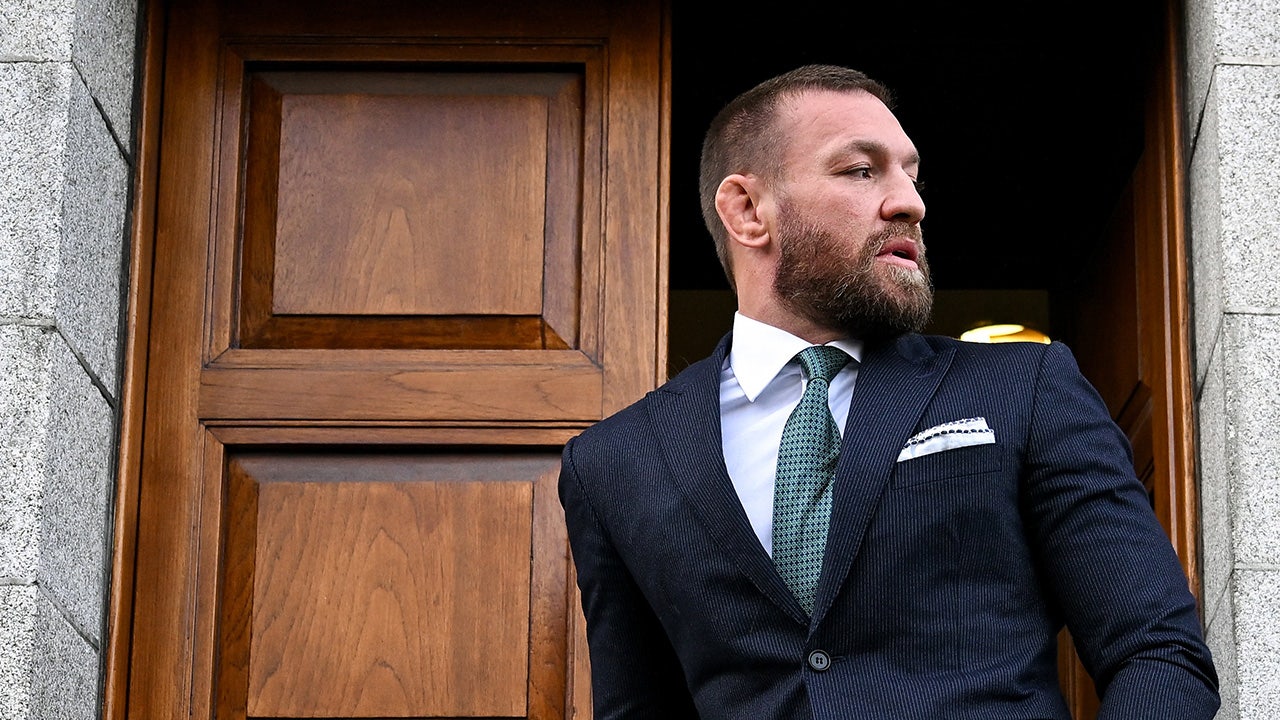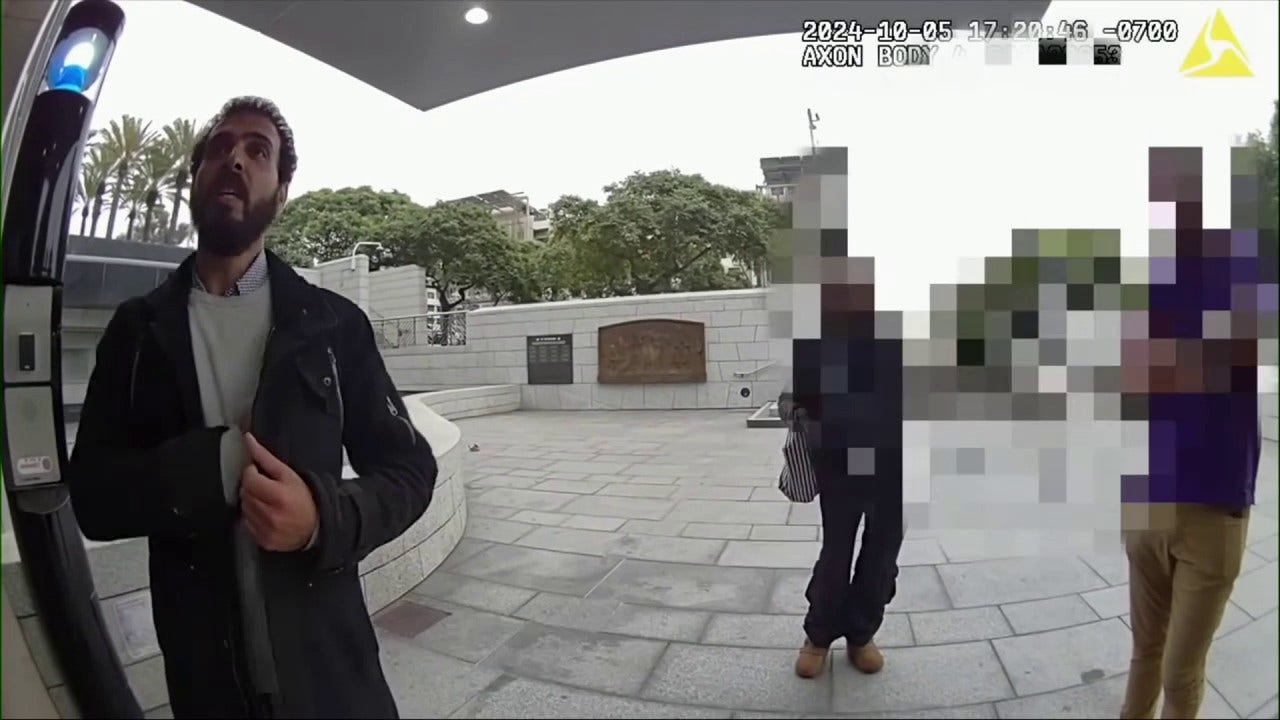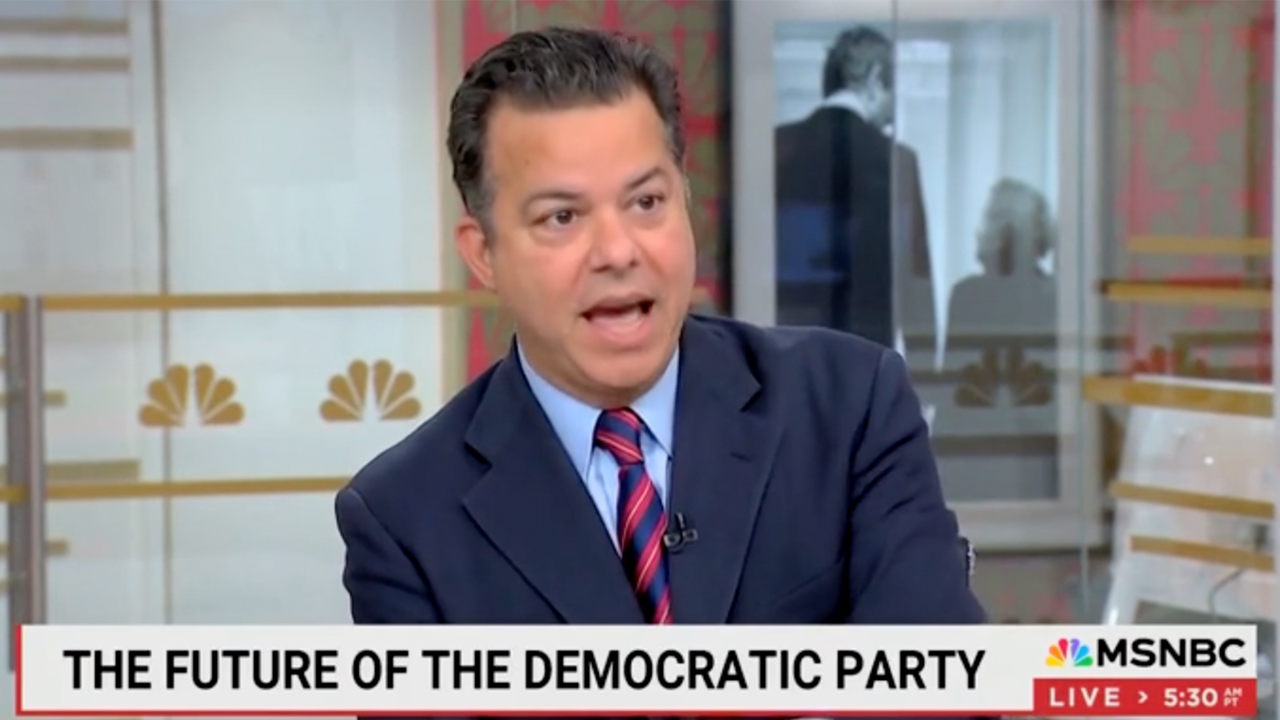The fossil fuel industry has been embedded in the United Nations’ annual climate negotiation process for decades
This story was published in partnership with Drilled, a global multimedia reporting project focused on climate accountability, and was supported by the Pulitzer Center.
It’s become increasingly common in coverage of the annual United Nations climate negotiations — the Conference of the Parties, or COP — to see stories about the number of fossil fuel lobbyists attending, the oil deals expected to be done on the sidelines of the conference, and the placement of oil executives in leadership positions. As former UN leaders Ban Ki-moon and Christiana Figueres join global climate leaders in calling for an overhaul of the system, documents newly uncovered by Drilled reveal that the fossil fuel industry’s influence over the COP process was a foregone conclusion, embedded into its design from the very beginning.
The idea of global cooperation on environmental issues was born at the UN Conference on the Human Environment, held in 1972 in Stockholm. Air pollution, chemical pollution, the ozone layer, acid rain, and, yes, global warming, were all topics on the agenda and industry was not invited, although that didn’t stop some governments from smuggling them in. That conference gave rise to the UN Environment Programme, or UNEP, which was tasked with overseeing global efforts to tackle pollution. This time, industry was included, but contained: UNEP launched its Industry Programme to facilitate discussions with various global industries.
By 1973, the petroleum-focused group already had a name — the International Petroleum Industry Environmental Conservation Association, or IPIECA. Even before the UN announced its launch, Exxon had taken a leadership role, hosting one of the first meetings to discuss the group at its headquarters in New York. It was officially launched in 1974 and in 1995 became its own stand-alone NGO, given “consultant” status by the UN. IPIECA secured industry a seat at the table in other ways, too. In its organizing articles, Ipieca notes that its purpose is both to gather data and information on global environmental issues of interest and for the UN to give the industry a heads-up on pending regulatory shifts, via “early notification and evaluation of programmes under consideration by UNEP which would have an impact on oil industry operations.” In its original constitution, Ipieca describes itself as “a voluntary association of petroleum enterprises concerned that governmental action for the international protection of the environment as it relates to or may affect the oil industry is taken on an informed basis.”
Editor’s picks
“IPIECA was a critical coordinating hub for industry, especially in the 1990s,” Dr. Robert Brulle, of Brown University, who has studied climate obstruction for decades, said.
University of Oxford researcher Ben Franta said IPIECA’s importance in the context of stalled climate policy is only just beginning to be understood. “I think IPIECA is probably one of the most important organizations in the history of climate obstruction, as it looks like it played a key coordinating role for literally hundreds of fossil fuel companies around the world in feeding them the talking points and coordinating the strategy,” he said.
In a study published November 2021 in the journal Global Environmental Change, Franta and researchers Christophe Bonneuil at the Centre de Recherches Historiques in Paris and Pierre-Louis Choquet at the Centre de Sociologie des Organisations at SciencesPo in Paris, confirmed via interviews with Bernard Tramier, a former executive with France’s state-owned oil company Elf (which has since been absorbed by Total Energies), and former Exxon scientist Brian Flannery that it was through IPIECA that Exxon initially briefed the industry in 1984 on the issue of global warming, at a meeting held in Houston.
Tramier described the meeting as the first time he had heard about the seriousness of the problem and what it might mean for the global fossil fuel industry.
Related Content
“The moment I remember really being alerted to the seriousness of global warming was at an IPIECA meeting in Houston in 1984,” Tramier told Bonneuil. (Flannery later confirmed the existence of said meeting.) “There were representatives from most of the big companies in the world there, and the people from Exxon got us up to speed. […] They had remained very discreet about their own research [on global warming] […] Then in 1984, perhaps because the stakes seemed to have become too great and a collective response from the profession required, they shared their concerns with the other companies.”
“There’s never really been a time when there was a pure understanding of climate change that was unpolluted by the industry’s interference and involvement and influence,” Franta said. “Our whole understanding of the issue, from the very beginning — and by our, I mean ‘the world,’ and by ‘the issue,’ I mean ‘global warming’ — was influenced by the oil and gas industry and the fossil fuel industry in general.”
“IPIECA fits into that because, again, the industry did this by having this sort of veneer of credibility on the issue that they could use to insert themselves into organizations like UN processes and influence them,” he added.
IPIECA, which changed its name to Ipieca in 2002, gave the industry access to the Intergovernmental Panel on Climate Change, or IPCC, too. Formed by UNEP and the World Meteorological Society in 1988, the organization included no industry authors in its first assessment of global climate science, released in 1990. It was only through Ipieca that industry was able to be in the room, as “observers,” as the report was being finalized. Exxon’s head of global climate change at the time, Brian Flannery tried to get the IPCC to water down its first report, according to Jeremy Leggett’s eyewitness account in his book, The Carbon War. His advice was ignored and the IPCC put out a report calling for global coordination to tackle climate change. By the time the IPCC’s third assessment came out in 1998, Flannery was a lead author.
A 1991 internal report, uncovered by Drilled in 2020, outlined Exxon’s leadership on the issue of “global change.” The report was appended to a copy of a 1989 presentation of what the company knew so far about the “potential enhanced greenhouse effect,” and it highlights Exxon’s leadership role on climate in particular within Ipieca. “Through our expertise and long standing contacts, Exxon has taken the lead in the past year to develop a program of larger scale research, supported under the aegis of the International Petroleum Industry Environmental Conservation Association (IPIECA),” the report read. “ …Through IPIECA Exxon has taken a leadership role within the international petroleum industry in efforts to address global change. Exxon chairs the Ipieca Global Change Working Group which coordinates activities and interactions. We organized several international symposia for education and dialog between key figures in the international public policy debate and representatives of industry.”
By this point, Maurice Strong, the founding head of UNEP, had returned to the UN as head of the UN Conference on Environment and Development (UNCED), which came to be known as the Rio Earth Summit. Conversations were underway for planning that event — not just with various politicians, but this time directly with industry as well, particularly through IPIECA and the International Chamber of Commerce (ICC).
In a December 1990 strategy memo about how to amplify its newly adopted Sustainable Development Charter, the ICC notes that “certain specialized business organizations with which the ICC has close relations — for example CEFIC (chemicals), IPIECA (oil) and IPAI (aluminum)” — would be briefing their member companies. The memo states that the group would be getting “special support” from Dr. Stephan Schmidheiny, who they described as “the leading Swiss industrialist”; today, Schmidheiny is serving a 12-year prison sentence for aggravated manslaughter in Italy after his company poisoned an entire town with asbestos waste. In 1990, though, the asbestos tycoon had been recently appointed as Principal Business Adviser to Maurice Strong at UNCED. Schmidheiny was also a Vice-Chairman of the ICC Commission at the time and a member of the Board of the ICC’s International Environmental Bureau. E. Bruce Harrison, the PR executive credited with creating greenwashing, had formed the Global Climate Coalition — a cross-industry group of high-emissions companies that wanted to ensure global leaders never signed a binding global climate treaty — by this point, and joined Schmidheiny on the ICC’s environmental programs, including the shaping of the Rio Earth Summit.
The treaty that came out of Rio, the UN Framework Convention on Climate Change, or UNFCCC, is what underpins all of the COPs. It was so watered down that Strong publicly criticized it in the press, bitterly telling The Washington Post, “we have agreement without sufficient commitment.”
“When we thought we did it in Stockholm, we didn’t,” Strong said. ”And we don’t have another 20 years now. I believe we are on the road to tragedy. As we leave Rio, we have not satisfied that concern. We have the basis for progress, but we have to push ahead.”
Government leaders tried to do just that. In 1995, at the first COP in Berlin, they agreed on the need for a binding global climate treaty and set themselves a deadline of the 1997 Kyoto COP.
Once again, Exxon executives pulled together an Ipieca symposium, this time laying the groundwork for an economic argument against acting on climate change. In talk after talk, economists presented their thoughts on whether the economic impact of acting or not acting on climate change was worse. Industry-funded economists were included in the mix, although their relationship to the industry was not disclosed, and many of the same environment ministers who would be tasked with negotiating a global climate treaty were in the audience.
“Concern was expressed over how the negotiations are being carried out,” a report summarizing the late 1996 meeting reads. “Much of the negotiations are being handled by environmental ministries while there may be large economic costs of lowering CO2 emissions. …The meeting closed with the comment that it is more important to get the decision right than to rush to an agreement at Kyoto.”
The agreement to curb emissions made in the Kyoto Protocol was dead on arrival in the U.S., thanks to the preemptive Byrd-Hagel resolution, which leaned on the same arguments put forward by industry interests at the Ipieca symposium. In 1998, with Bill Clinton and Al Gore still trying to find a path to ratification, the world headed to Argentina for the fourth COP. In advance of the meeting, Exxon funded the Atlas Economic Research Foundation — today known as the Atlas Network, a global network of more than 500 “free market” think tanks — to host a workshop in Buenos Aires on how damaging Kyoto would be for Latin American economies.
Trending Stories
The UN and the IPCC have tried at various points to put guardrails on industry’s involvement and on Ipieca itself. In 2006, the IPCC proposed a new process for observers that would have limited the involvement of groups like Ipieca. In a letter in response, Ipieca wrote that it “has been an observer of, and active participant in, IPCC since the First Assessment Report, supplying authors and reviewers for IPCC reports and experts for IPCC meetings. We are one of the very few NGOs that regularly sends observers to IPCC plenary sessions.”
Nothing changed about Ipieca’s presence within the IPCC, it was an observer providing “technical assistance” and attending meetings around the most recent report — released in 2023 — too. And it’s back at COP this year. On its dedicated COP29 page, Ipieca notes: “The Ipieca delegation usually consists of representatives from our secretariat as well as a limited number of subject matter experts from our members. This is a real value add to stakeholders attending from UN, IGO, and NGO organizations: Ipieca provides the opportunity to engage with leading industry sustainability experts, accelerating action or facilitating insights from the industry.”

 6 hours ago
1
6 hours ago
1
















.png)

.png)
.png)
.png)













 English (US) ·
English (US) ·  Hindi (IN) ·
Hindi (IN) ·